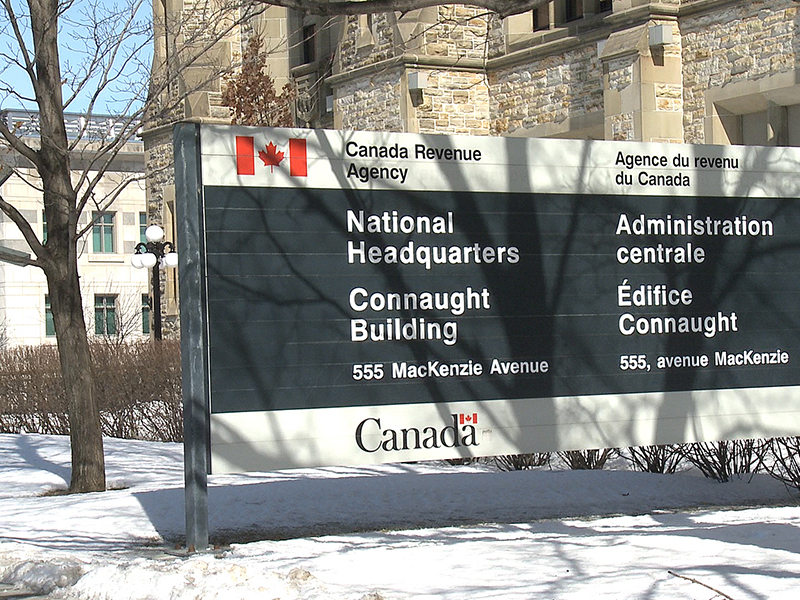
A trust holding a GIC must file an annual trust return under expanded reporting rules, confirmed a CRA official at the STEP Canada national conference in Toronto on Tuesday.
Trusts that hold assets with a combined fair market value of less than $50,000 throughout a year are generally exempt from annual filing requirements under new requirements for trusts in 2023 and beyond.
However, the filing exemption is restricted to trusts holding only certain assets, including money; listed securities; debt obligations that pay interest on a debt issued or guaranteed (other than by CDIC insurance) by the federal government; and interest-paying debt issued by a provincial or municipal government.
A debt obligation issued by a Canadian bank or trust company is not included in the exemption, said Marina Panourgias, a manager in the income tax rulings directorate of the CRA, in response to a question posed during the STEP conference.
Further, the CRA does not view a GIC as “money,” a term that is otherwise undefined in the Income Tax Act (ITA).
“Overall, we’ve concluded that a GIC issued by a Canadian bank or trust company does not meet the description of any of the assets listed” under the ITA’s exemption provision, Panourgias said. “So, if a trust holds such a GIC, then it would not be a trust described in that [relieving] provision.”
At last year’s STEP Canada conference, Panourgias said the CRA would not consider collectible gold or silver coins or bars, which are sometimes used to settle a trust when it’s established, to be “money” for the purposes of qualifying for the trust reporting exemption.
“These assets would generally not serve as a medium of exchange in a financial transaction in the same way that Canadian dollars would, for example,” Panourgias said.
Panourgias also confirmed at the 2023 conference that if a trust held a dividend receivable, it would not be eligible for the reporting exception either.
In 2022, the federal government passed expanded trust reporting rules as part of its broader effort to combat “aggressive tax avoidance, tax evasion, money laundering and other criminal activities.” The new rules are effective for trusts with year-ends on Dec. 31, 2023, and after.
Trustees affected by the new rules must file a T3 trust return along with a new Schedule 15 beneficial information return by the filing deadline, which is 90 days after the trust’s year-end. Trustees must also report information such as the names, addresses and social insurance numbers of beneficiaries and other parties connected to a trust.
The expanded reporting rules extend to bare trusts, which are trusts in which a trustee’s only duty is to transfer property to a beneficiary on demand.
On March 28, the CRA announced that trustees of bare trusts would not have to file a trust return or Schedule 15 for 2023 unless the CRA makes a direct request. The announcement came days before the April 2 deadline for the filing of 2023 trust returns.